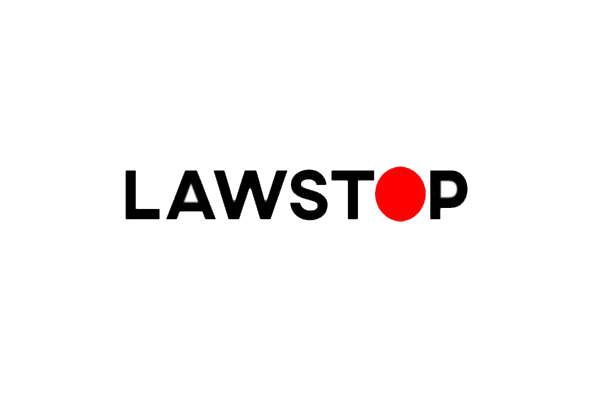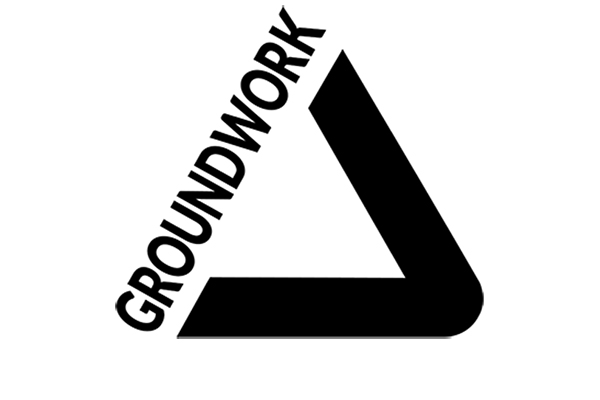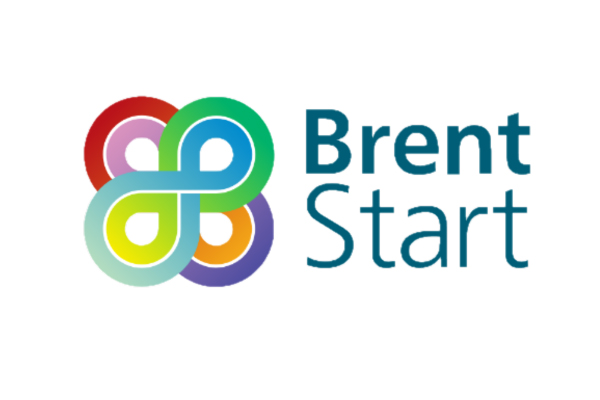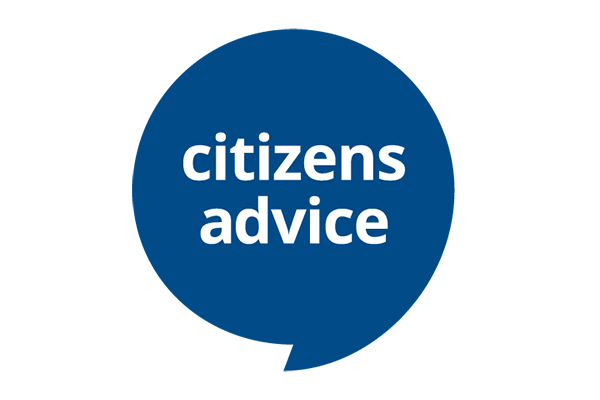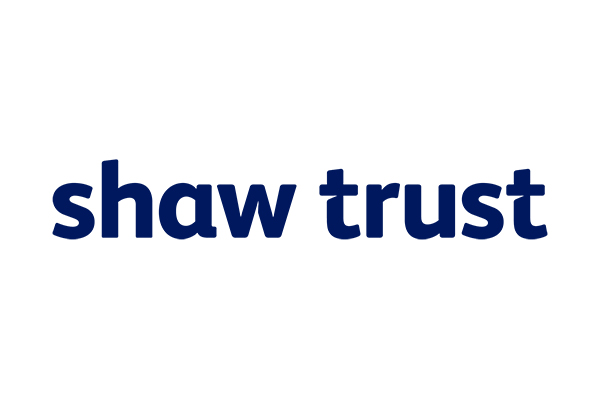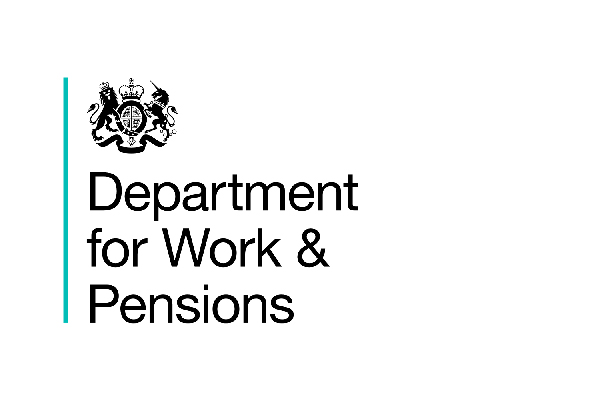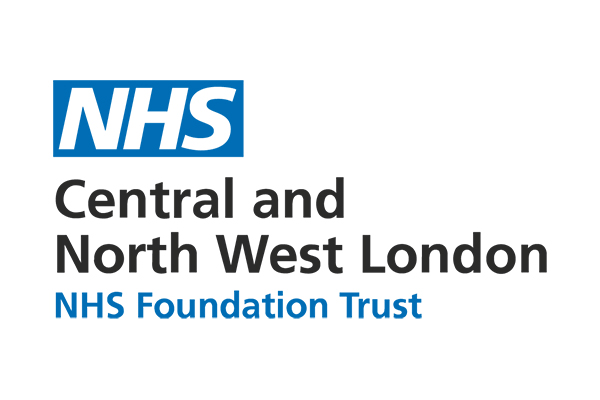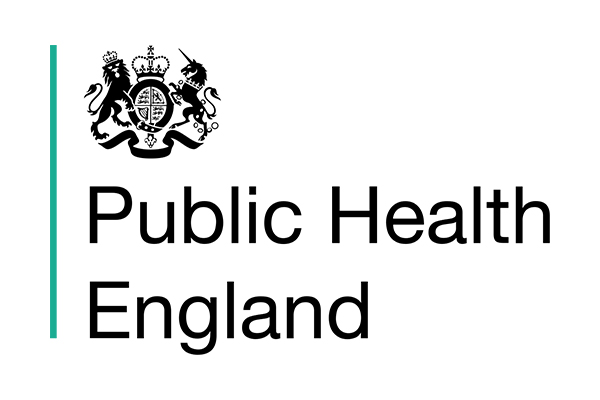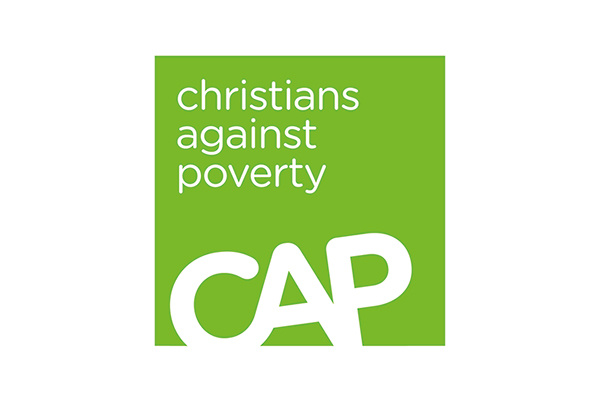Sufra is a charity in North West London that prevents hunger, fights poverty and builds community.
With the help of our volunteers and partners, we coordinate a network of food banks, kitchens, a community shop and café. These act as a gateway for guests to access more holistic support – including welfare advice, asylum support and our award-winning community garden.
We aim to work with our guests to find solutions to their challenges together, whilst campaigning against the causes of hunger and poverty.


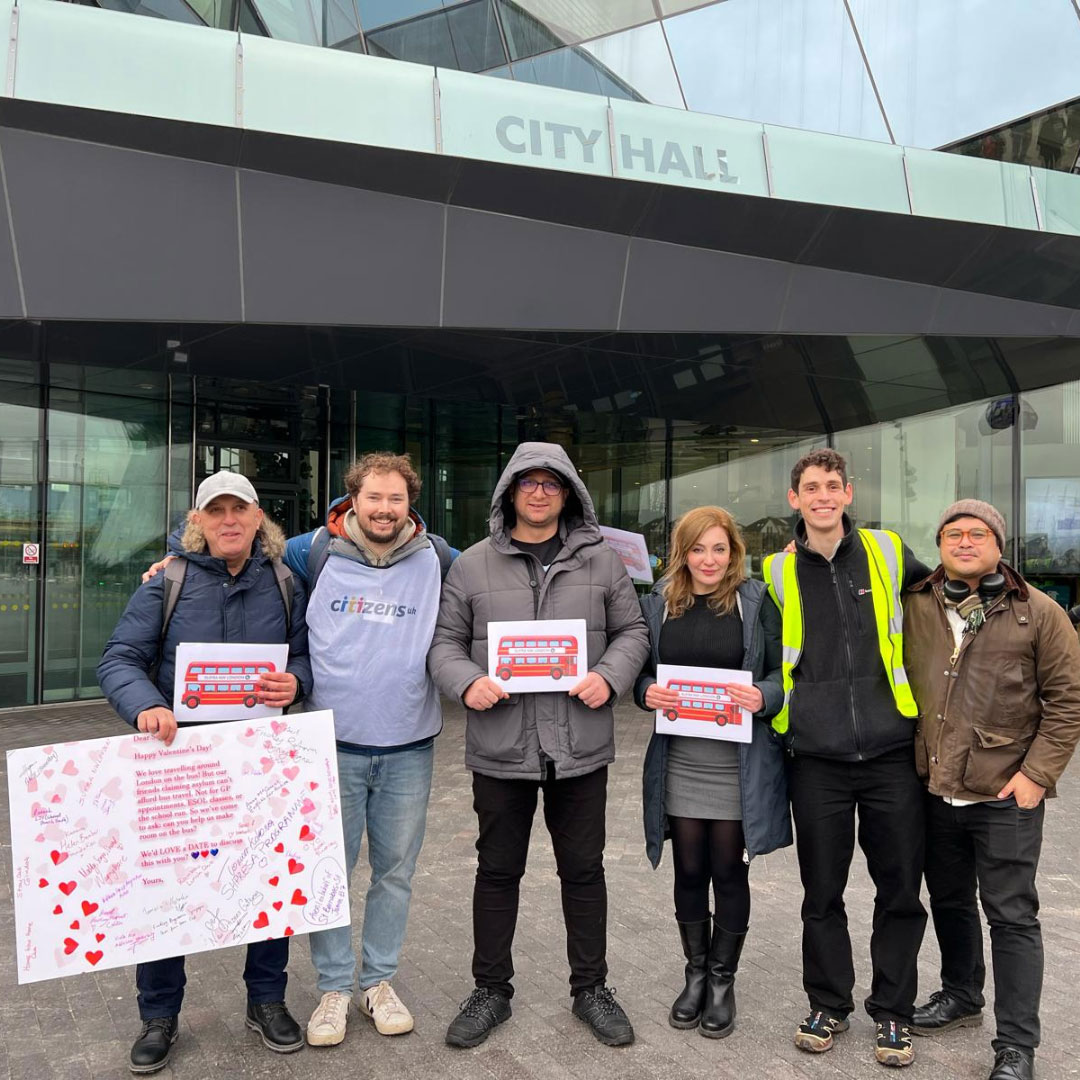
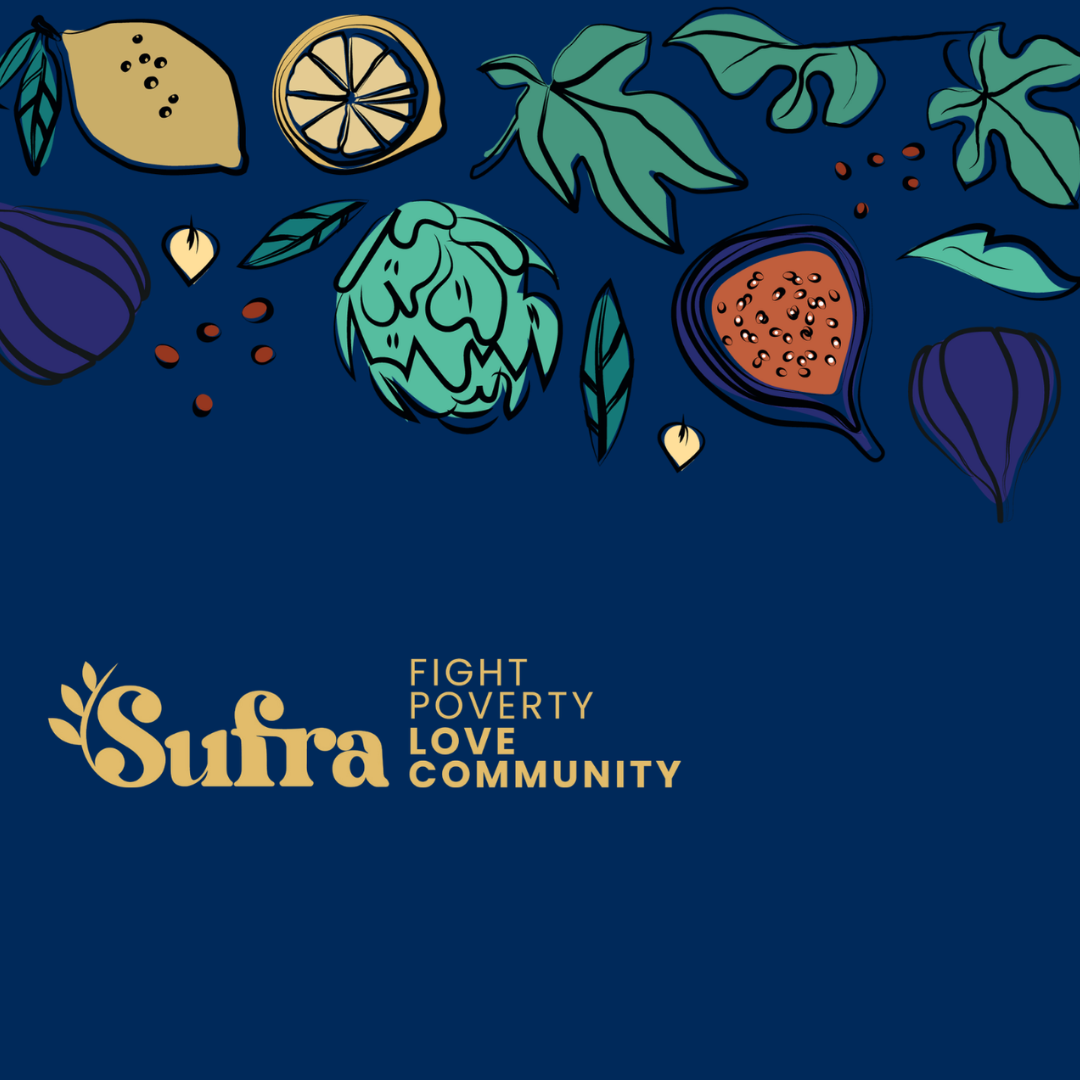


Gained in benefits for our guests

Total Guests served
(includes all household individuals)

Meals distributed last year

Produce grown in
St. Raphael’s Edible Garden
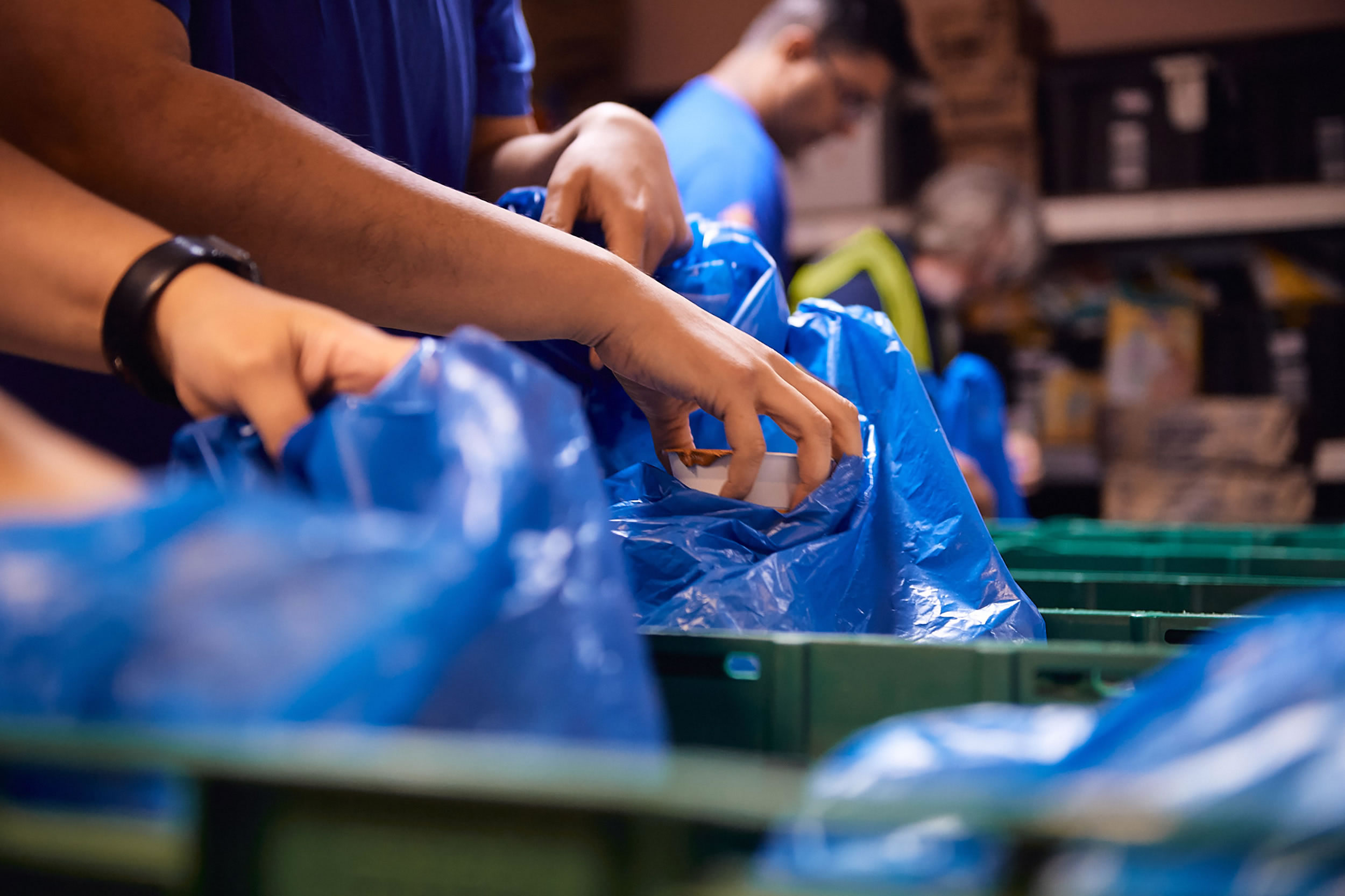
Can’t afford to buy food? We can provide you and your family with emergency food and toiletries, as well as ongoing support and advice.
To receive Food Aid support from Sufra, you need to be referred by one of our Referral Agencies. Once you have been referred, you can receive a week’s worth of food and toiletries or a delivery of freshly cooked meals for 6 weeks, depending on your cooking facilities and abilities.

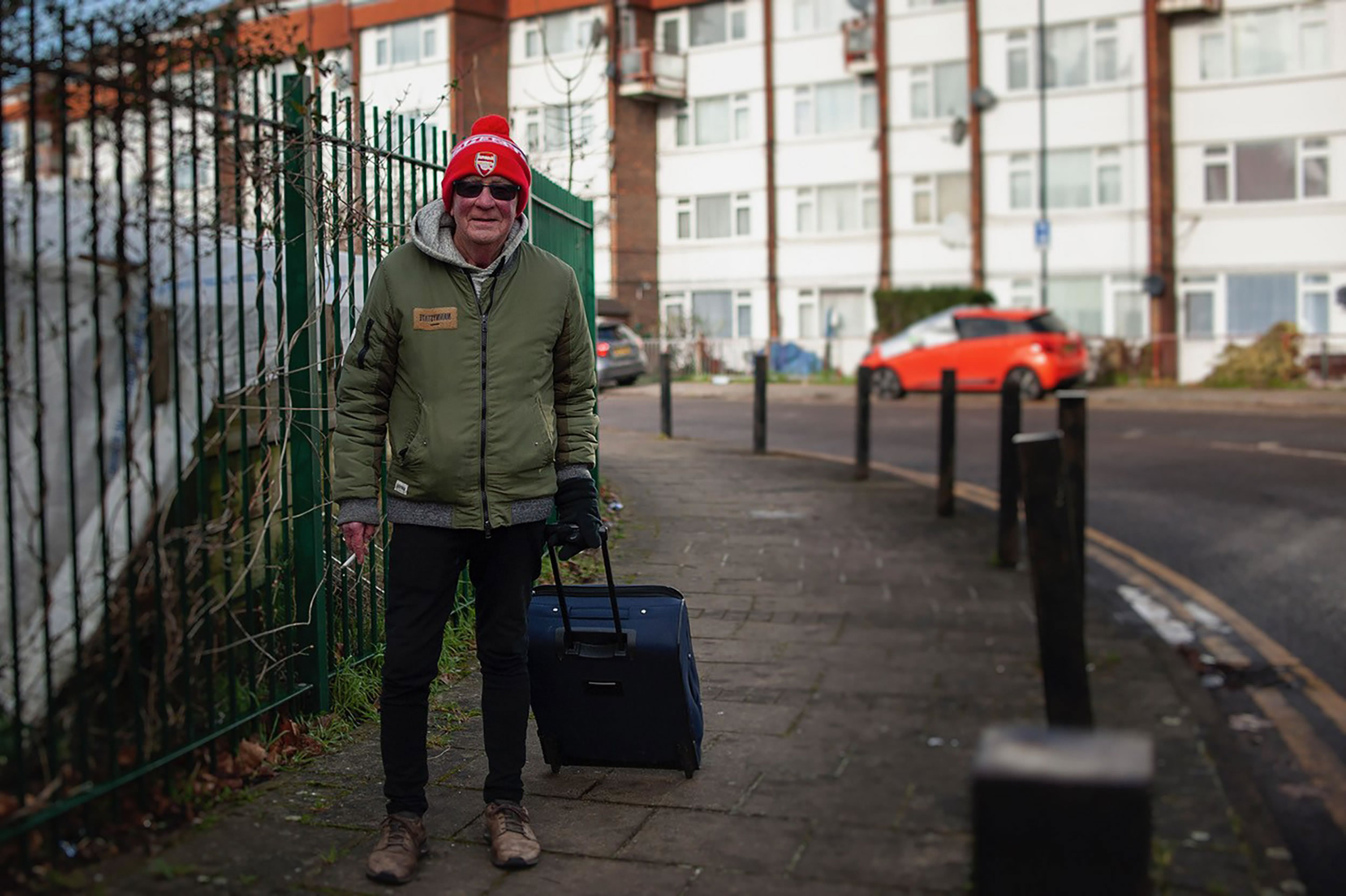
Sufra NW London is based in St. Raphael’s Estate in the London Borough of Brent, one of London’s most disadvantaged housing estates. However, we operate our network of 2 Food Bank hubs and 4 Community Kitchens in different parts of the same borough, and all in areas with some of the highest levels of poverty in Brent and across London. Whilst we can support people from other boroughs, almost all of our service users reside in Brent.



Sufra NW London is based in St. Raphael’s Estate in the London Borough of Brent, one of London’s most disadvantaged housing estates. However, we operate our network of 2 Food Bank hubs and 4 Community Kitchens in different parts of the same borough, and all in areas with some of the highest levels of poverty in Brent and across London. Whilst we can support people from other boroughs, almost all of our service users reside in Brent.


Here at our Community Wellbeing Project the children have been enjoying a varied programme of free activities to keep them busy during the school holidays.
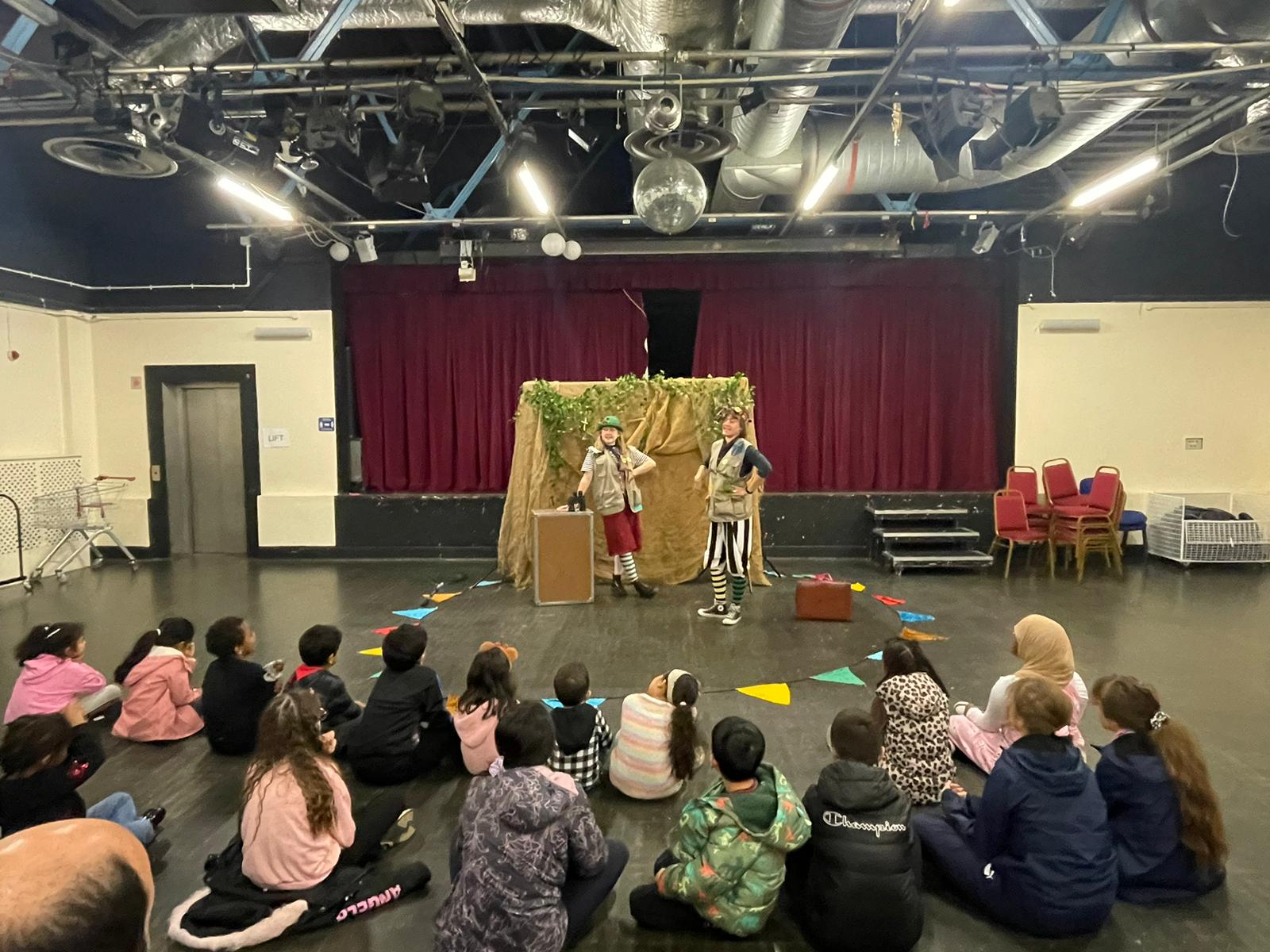
Donate to Sufra's Ramadan Appeal 2024 and help us be a santuary for those with nowhere else to go.


Garden volunteer
I decided to start volunteering because I wanted to do something useful.

Food Bank volunteer
To me, an ideal version of community would be wealthy people and poor people sharing meals and spaces and blessings
